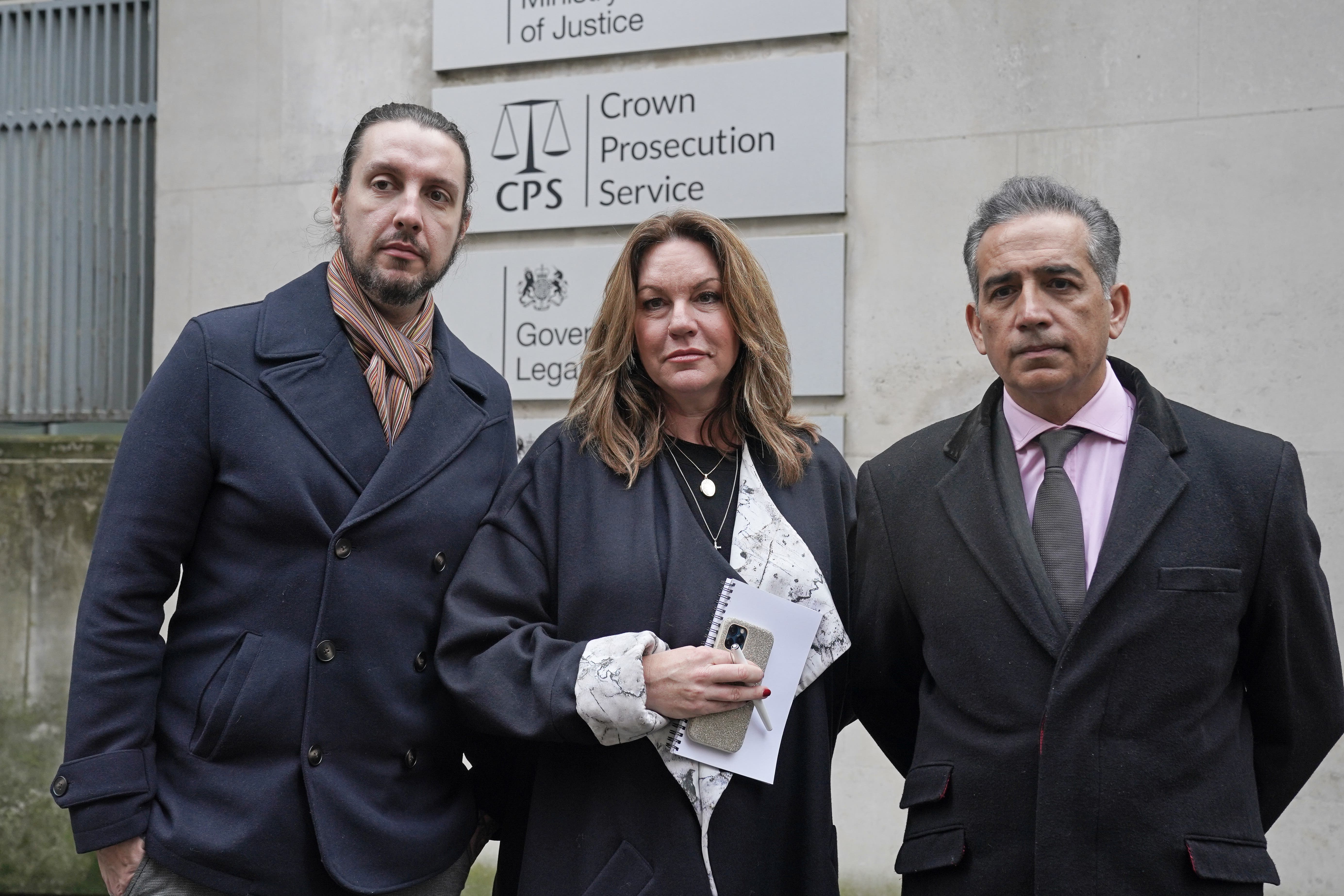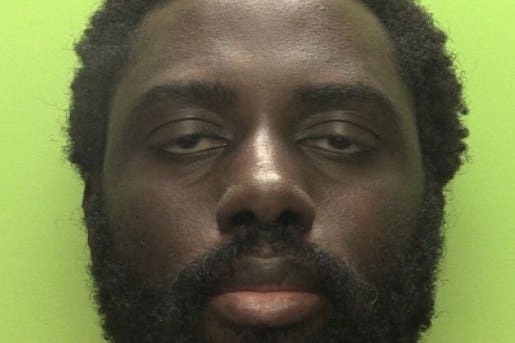A watchdog has called for a review of murder laws following an outcry from victims’ families over the decision to allow Nottingham attack killer to plead guilty to manslaughter.
Inspectors found the Crown Prosecution Service (CPS) complied with the law when they accepted Valdo Calocane’s guilty plea to manslaughter by diminished responsibility.
This meant the triple killer, who brutally stabbed students Barnaby Webber, 19, Grace O’Malley-Kumar, 19, and school caretaker Ian Coates, 65, in June last year, did not stand trial for murder.
But, in a report published on Monday, His Majesty’s Crown Prosecution Inspectorate (HMCPSI) called for the government to consider reviewing how homicide is categorised and the impact of diminished responsibility.
Reacting to the report, one victim’s mum said the current laws mean that “murderers can get away with murder”.

James Coates, son of Ian Coates, Emma Webber, mother of Barnaby Webber and Dr Sanjoy Kumar, father of Grace O’Malley-Kumar (Lucy North/PA)
(PA Wire)
Inspectors said the CPS complied with the law and met their obligations to the families – but admitted the case highlighted areas where families could have been better supported.
A review into the decision was ordered after grieving family members said “true justice” had not been served. Calocane, who suffers from paranoid schizophrenia, was handed an indefinite hospital order in January.
Ahead of the review, Mr Webber’s mother claimed families had been “let down” by police and the CPS and had presented her family with “a fait accompli that the decision had been made to accept manslaughter charges”.
“At no point during the previous five and a half months were we given any indication that this could conclude in anything other than murder,” she said. “We trusted in our system, foolishly as it turns out.”
At the end of January, the Attorney General Victoria Prentis KC MP asked for a rapid and independent inspection of the actions carried out by the CPS in the Calocane case following concerns raised by the victims’ families.
The inspection report has called for the government to revisit whether homicide should be considered in three tiers, as recommended by the Law Commission in 2006. This would make three tiers of charges available to prosecutors – first degree and second degree murder, as well as manslaughter.

Valdo Calocane was sentenced to an indefinite hospital order (Nottinghamshire Police/PA)
(PA Media)
It also called for the government to look at whether the culpability of the person who commits murder should be reduced to manslaughter by reason of diminished responsibility.
It further asked for a review of whether victims should be entitled to be ‘consulted’ about decisions taken as opposed to being ‘informed’.
Chief Inspector Anthony Rogers said: “This was a horrific and tragic case. Valdo Calocane brutally killed three innocent people, and violently attacked three other victims. My thoughts remain with all those involved in this tragic case during this devastating time.
“It is unimaginable having to deal with the death of a loved one under such horrific circumstances, but having to deal with the criminal justice system at a time of heartbreak and grief adds a further dimension of challenge.
“To better support victims and increase public trust, we call on the government to consider amending the homicide law, review the support provided to victims of crime in serious cases such as this, and provide greater clarity about the role of victims in the criminal justice system.”
Speaking to journalists after the report was published, Mrs Webber said: “We’re disappointed by not entirely surprised, the overall outcome I think, until the law changes in this country, the diminished responsibility charge and plea means that murderers can get away with murder.
She continued: “We have never disputed Calocane’s mental health problems, but what I would say is that at the moment in this country, if you commit murder and you’ve got mental health issues, then it’s very unlikely that you are going to be tried for murder and it’s abhorrent that it could be downgraded to manslaughter just because it is how the law is stated”.
Calocane’s sentence to an indefinite hospital order has also been referred to the Court of Appeal for being “unduly lenient” by the attorney general.
Prime Minister Rishi Sunak previously promised the victims’ families that “we will get the answers” but their calls for a public inquiry have so far gone unanswered.
Other investigations into the actions of police and mental health staff continue.
More follows…
Loading PerspectiveSplit analysis...









